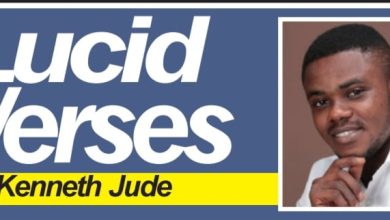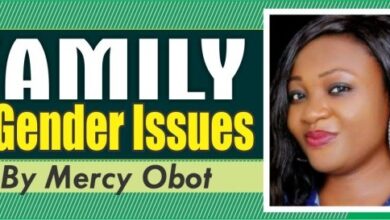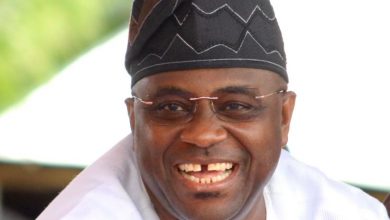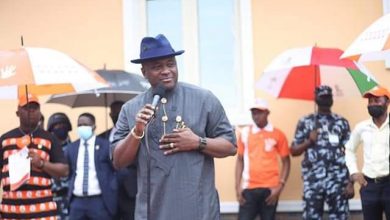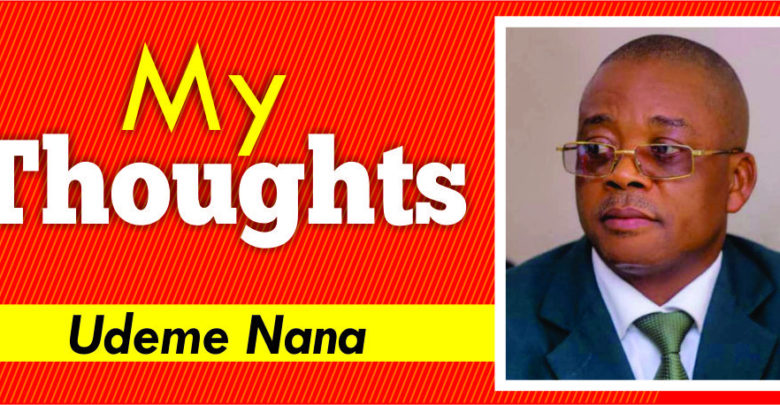
Pose the question to any average Nigerian about the prevailing system of government in the country and the answer one is likely to get is that it is a democracy. The respondent would justify that answer by pointing to the existence of democratic structures like the National, State Legislative Assemblies, Local government legislatures, Institute of democratic studies, a constitution, periodical elections, robust private and public media establishments etc…
The existence of several political parties and participation by citizens in the electoral process – voluntary membership of political parties, voters registration, campaigns, debates, voting and other motions which create the ambience of a democratic environment would also be held up as evidences that Nigeria should be celebrated as one of the flagships of true democracy in the world.
The truth is that those ingredients are there in the mix but looking critically, no democratic purist would agree that what is going on in Nigeria meets the standards expected of a democracy.
Such an analyst would highlight the fact that the operating constitution in Nigeria was never made by the people but was rather cut and joined by the Military High Command and imposed on the people. It is to be noted that constitution making which sets out the rules of engagement, the contract between the government and the people, the philosophy and values of the state and its guiding principles is central to democracies. The manner of Constitution making is important. Like periodic elections, it lends integrity and credibility to democratic societies.
Another vital ingredient in democracies is the independence of the three arms of government -the Executive, the Legislature and the Judiciary .Are these arms of government truly independent in Nigeria ? Under the regime of Chief Olusegun Obasanjo, principal officers of the National Assembly were removed and replaced at whim. The gale of impeachments extended to states where Governors Ayodele Fayose of Ekiti, Rasheed Ladoja of Oyo, Joshua Dariye of Plateau and the late Dieprieye Alamieyeseigha of Bayelsa were victims. A Governor of Anambra State , Dr. Chris Ngige was kidnapped in broad day light.
During President Goodluck Jonathan’s era, the Chief Justice of the Court of Appeal, Justice Salami was hounded out and in the present dispensation under the watch of President Muhammadu Buhari, judges have been harrassed , and for the first time in history , a Chief Justice of Nigeria was suspended, prosecuted and forced out of office.
Recently, the President of the Nigerian Senate, Dr. Ahmed Lawan is quoted to have suggested that the Senate under his gavel would rubber stamp any initiative sent to the upper legislative house. So much for the independence of the Legislature.
How has Nigeria’s democracy fared with periodical elections these past two decades?
Can it be asserted with pride that successive nominations handled by political parties have been transparent and fair? Has the Electoral body, the Independent National Electoral Commission (INEC) been effective and efficient in the conduct of open, free and fair elections.
Transparent elections give authority to elected officials to act on behalf of the electorate, freshens up the system and energises but in the midst of hoarding of election materials, pre – written results for yet to be conducted elections, bribery, threats to life and outright abduction of election officials, stealing of ballot boxes and election materials, stuffing of ballot boxes , vote – buying and a totally militarised atmosphere in the build – up and during elections at all levels and other anti – democratic vices, would it be correct to celebrate that Nigerian citizens are experiencing democracy?
How has the Media, touted as the Fourth Estate of the Realm fared so far? Ensconced as the watchdog of the three arms and the society at large, the media have often been at the receiving end of politicians and other public functionaries. The “Hate Speech” bill sponsored by Senator Aliyu Sabi Abdullahi, reflects the general attitude of most politicians towards the Media. If most politicians in Nigeria had their way, the Media could have been muffled completely so no one would scrutinize the public conduct of public functionaries. However, the work of the media in democracies is essential .Although stories and reports are often inexact and half-baked practitioners, quacks operate ignorant of ethical demands thereby causing harm in the process, a robust exchange of thoughts in a free market place of ideas is the life blood of democracies. This explains why freedom of expression and other fundamental rights are provided for in the Constitution. In functional democratic societies, these priviledges are safeguarded religiously. So far, not so in present day Nigeria.
In democracies, every reasonable citizen are equal before the law; no sacred cows, no second class citizens and there is political tolerance – a complete absence of harrassment , arrest and extra judicial detentions.
An objective scrutiny of the Nigerian political space would debunk the stance that Nigeria is a democratic terrain. What is in full bloom is a mixed grill of aristocracy, autocracy; theocracy, feudalism, oligarchy, internal colonialism, totalitarianism all dressed up in civilitocracy.
Before he died, the visionary political philosopher and pace setter acclaimed as “the best President Nigeria never had” the late Chief Obafemi Awolowo predicted in an interview published in the Guardian Newspaper that “future generations of Nigerians would never know democracy” ! It seems like that prophecy is fulfilled.
Yes, there are civilian leaders at all levels. Since 1999.
But no, Nigerians have not experienced full fledged democracy after the Military handed over power twenty years ago.

